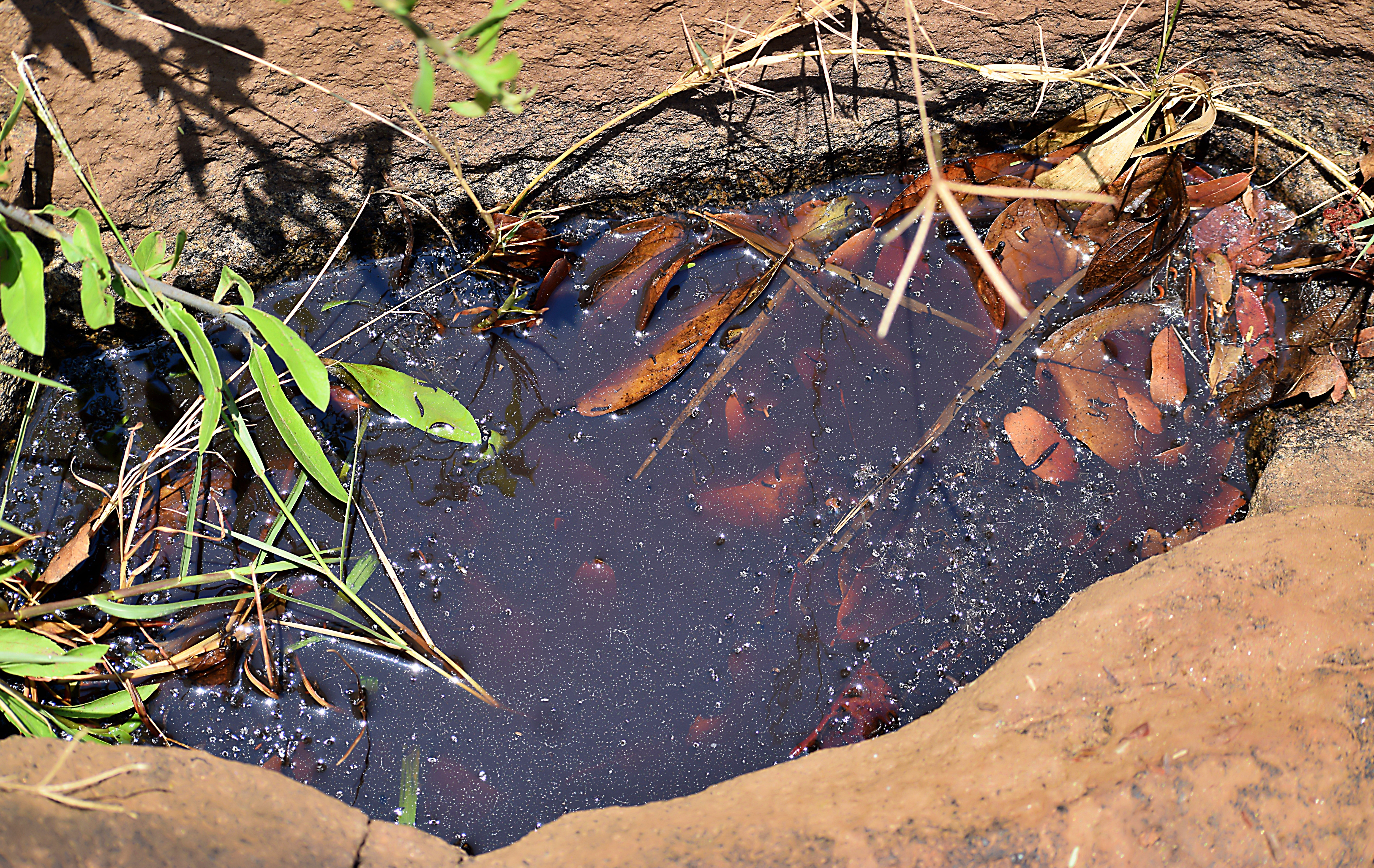
There is a lot of talk these days about ‘climate’. When climate changes, it affects the long-term weather patterns of entire regions. ‘Microclimates’, however, are generally the climatic conditions that are measured within specific areas, and which affect environmental variables such as light, temperature, wind speed, moisture, etc.
Permaculture designers must take the long-term effects of climate into consideration, but they also strive to identify, enhance, and create microclimates throughout each site. Microclimates can assist us to harness the energies of a site, they provide diverse habitats, they can help certain species to grow better, and they serve to replicate the patterns of natural ecosystems.
Microclimates can include things like: upland and lowland areas of a site, forests, grasslands, wetlands, unique vegetation, structures, surface materials, urban green space, edges, water features, hills, slope, windfalls, geological features, microhabitat, etc.
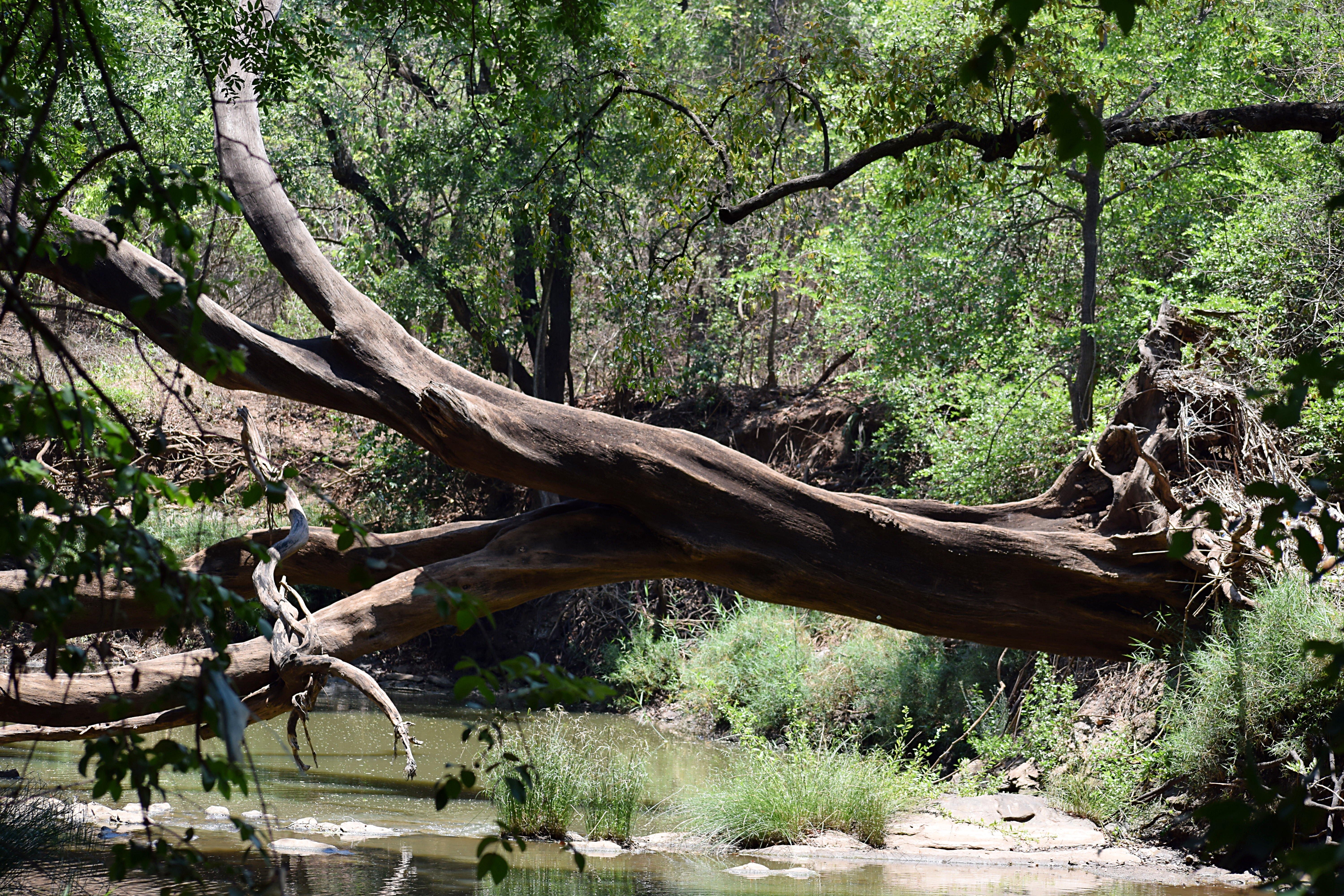
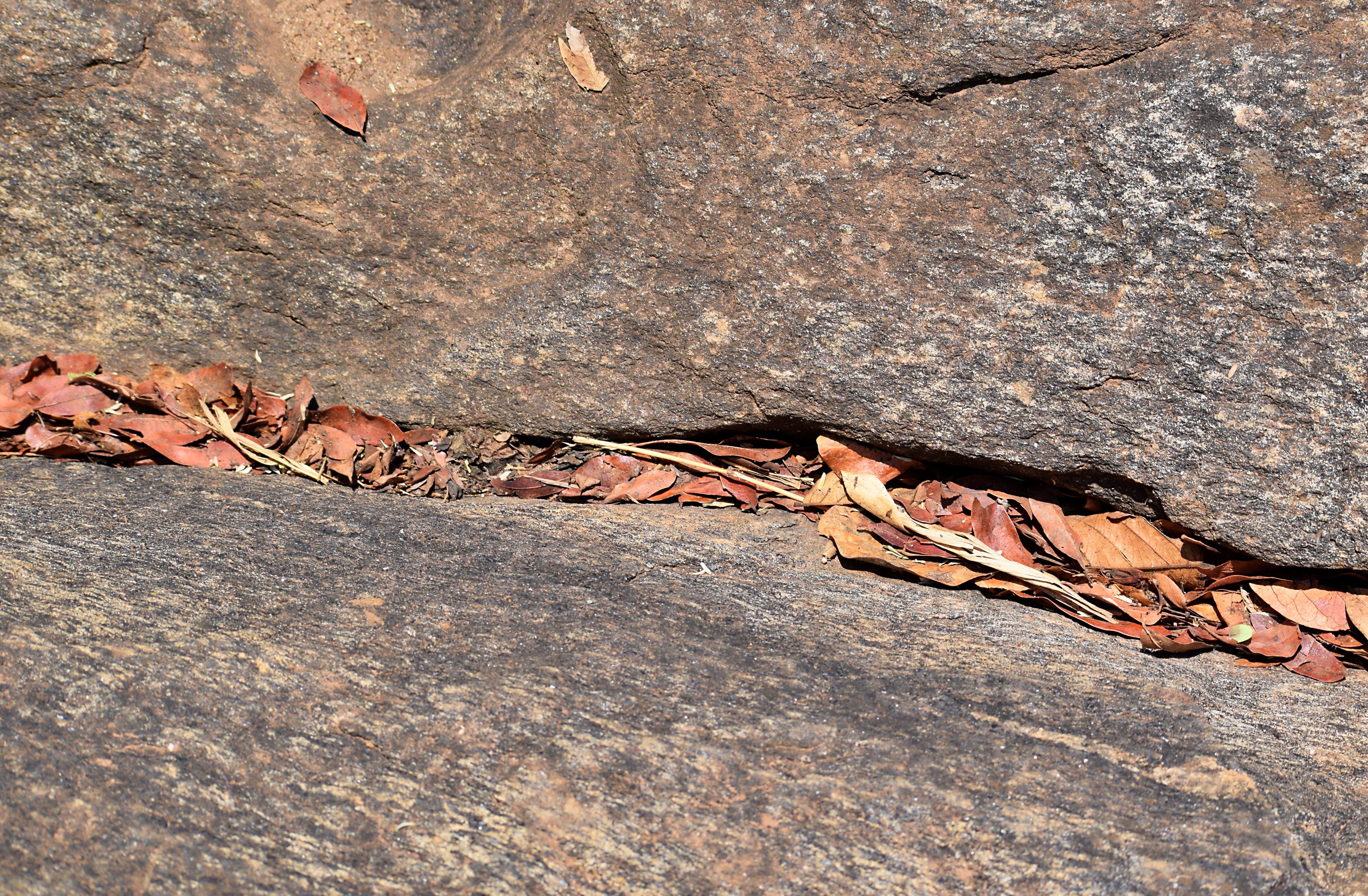
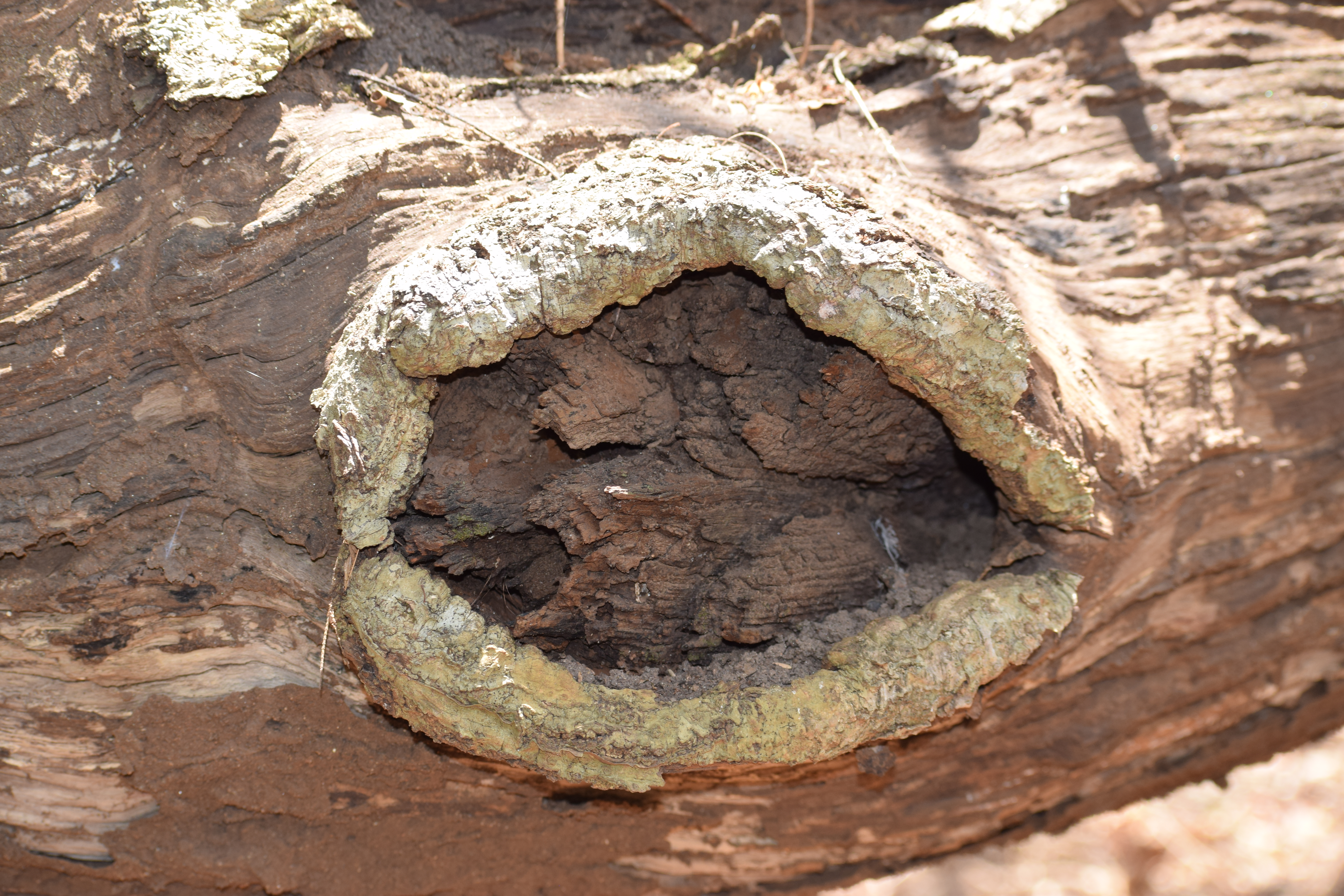
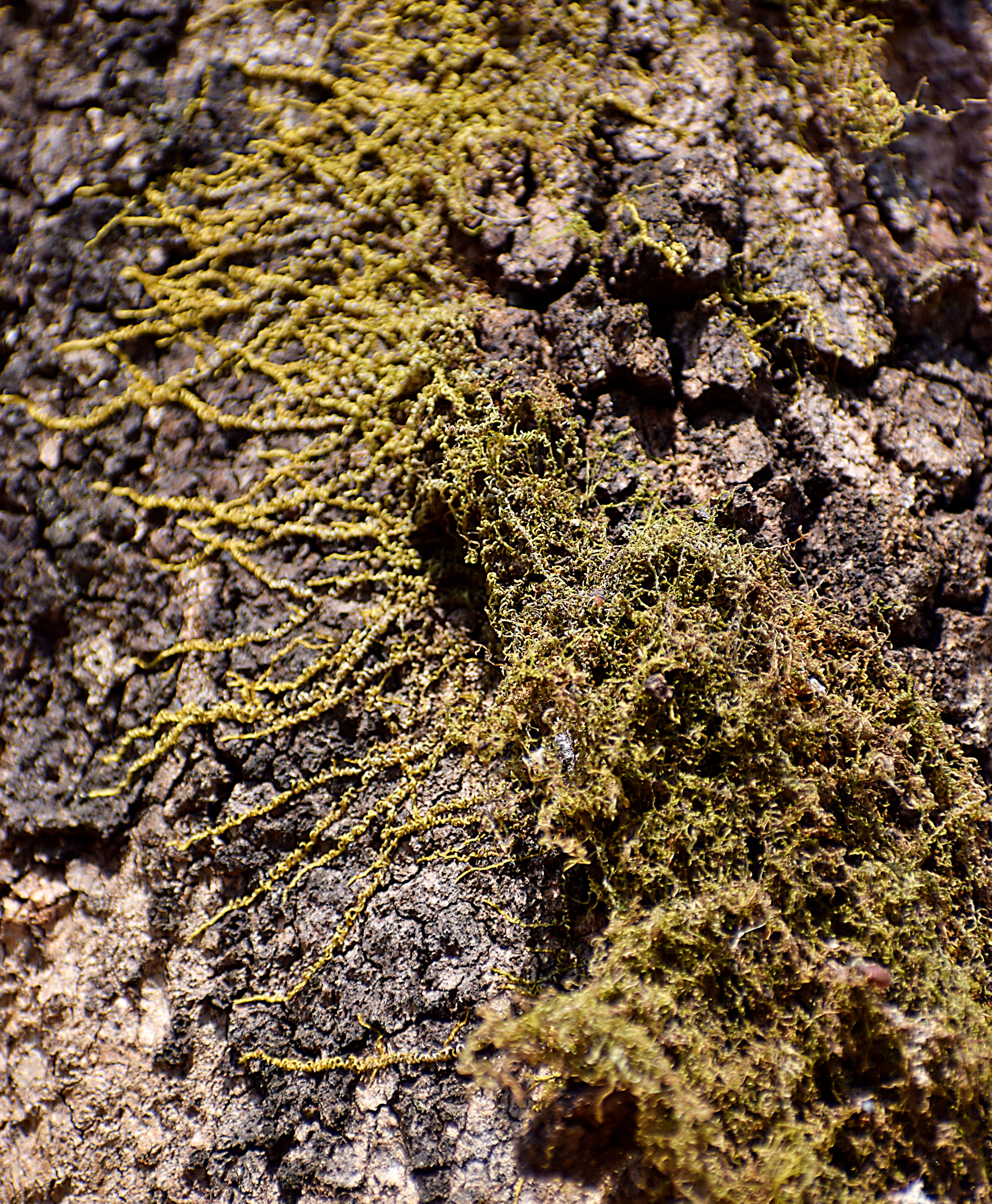

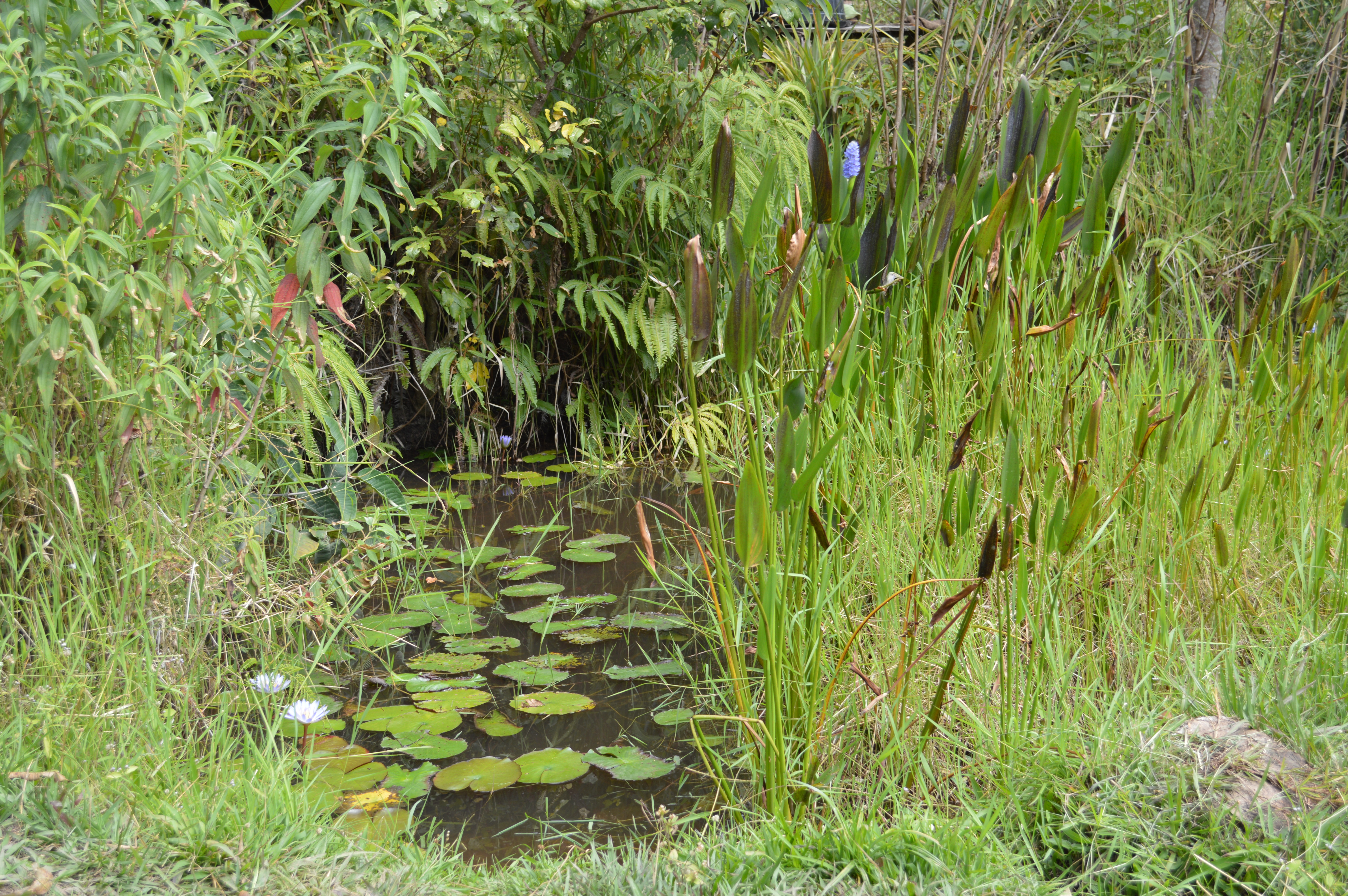
Microclimates also help to protect and conserve ecological ‘niches’. A ‘niche‘ in environmental science, is generally defined as the role an organism provides within an ecosystem. Niche species are vitally important to the health and resilience of ecosystems. They can include the microscopic communities of organisms that live in the soil; the fungi which helps to break down organic matter; the termites which assist in nutrient cycling, and even the roles that larger plants, animals, and insects play in their daily lives.
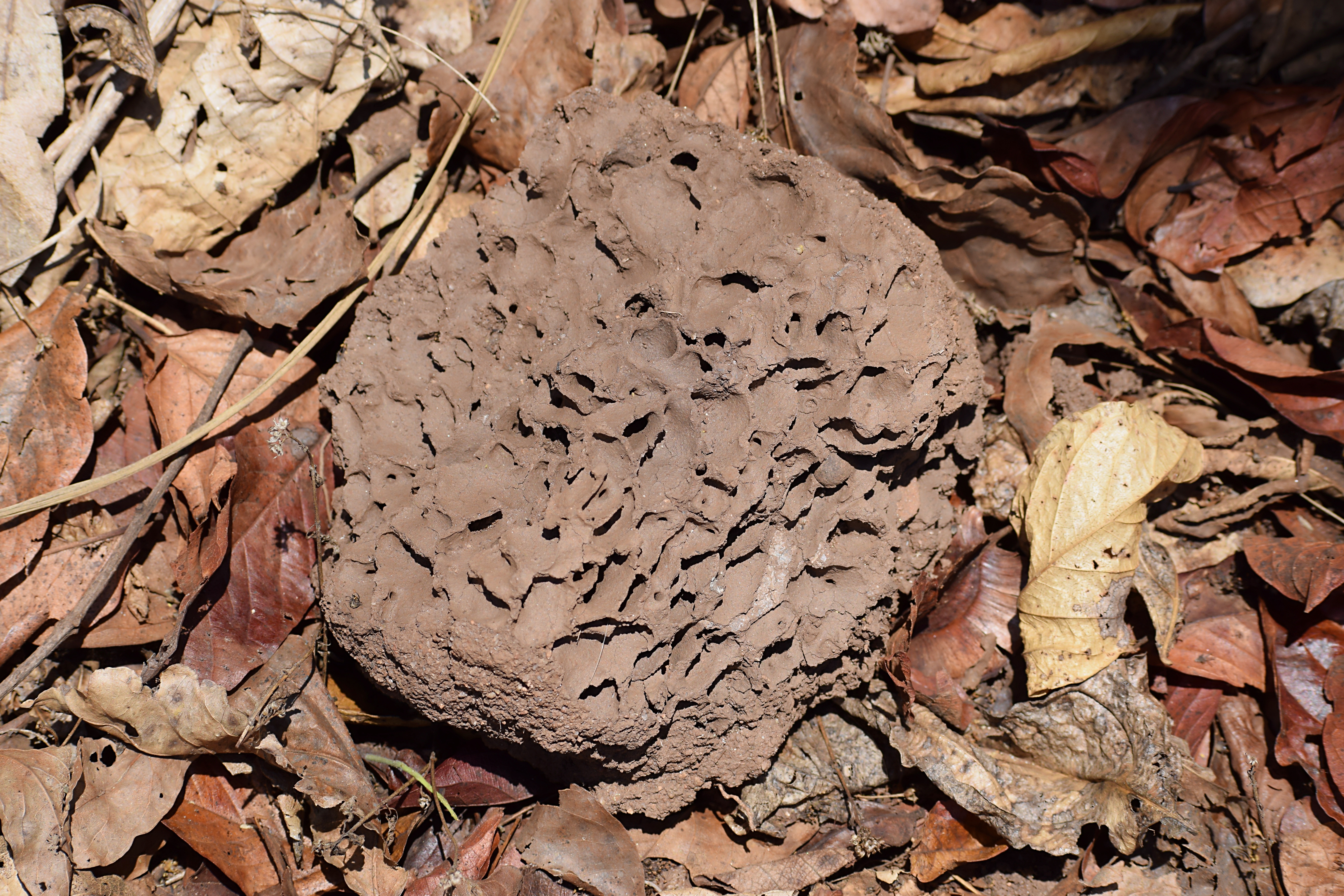
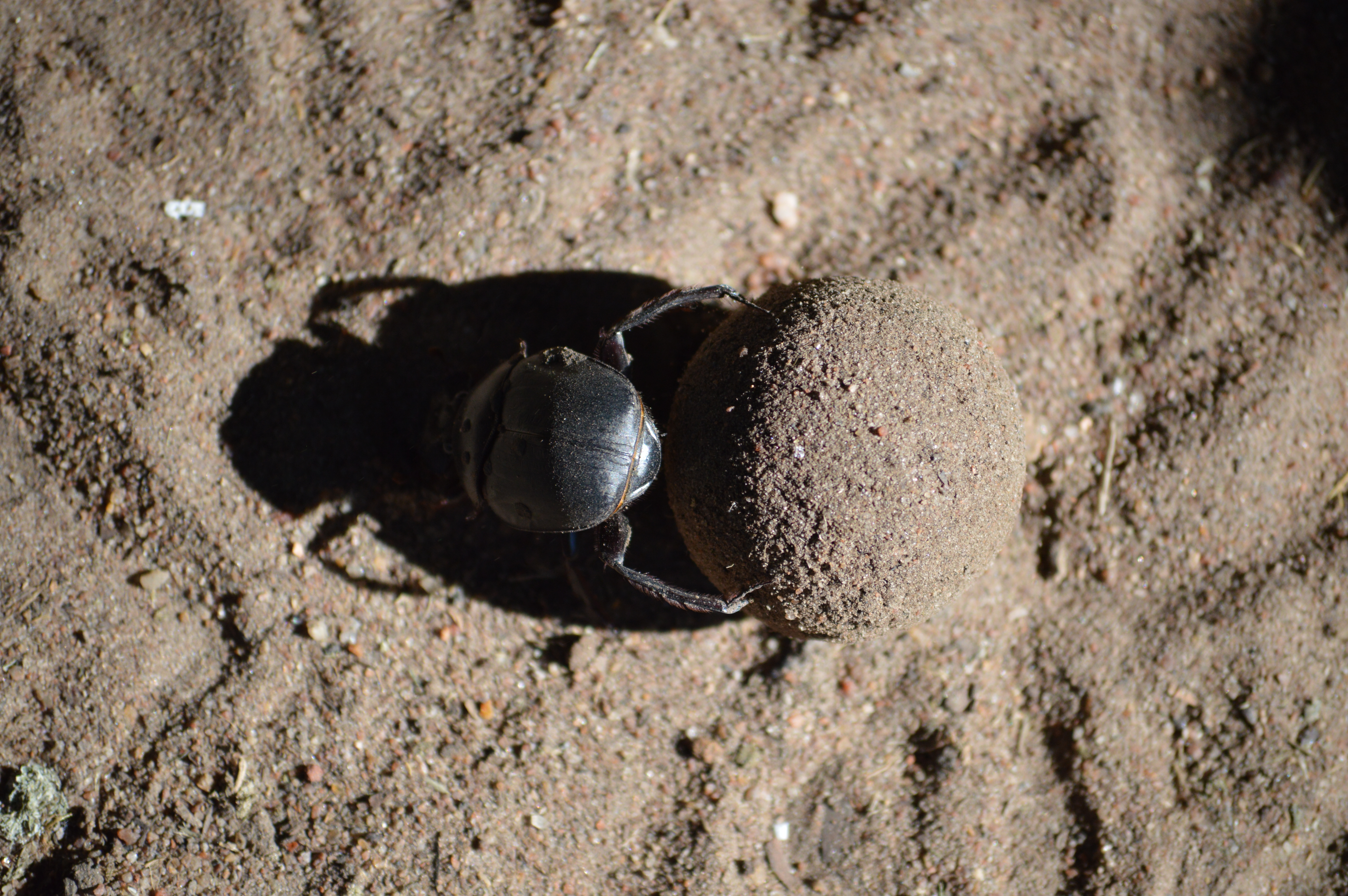
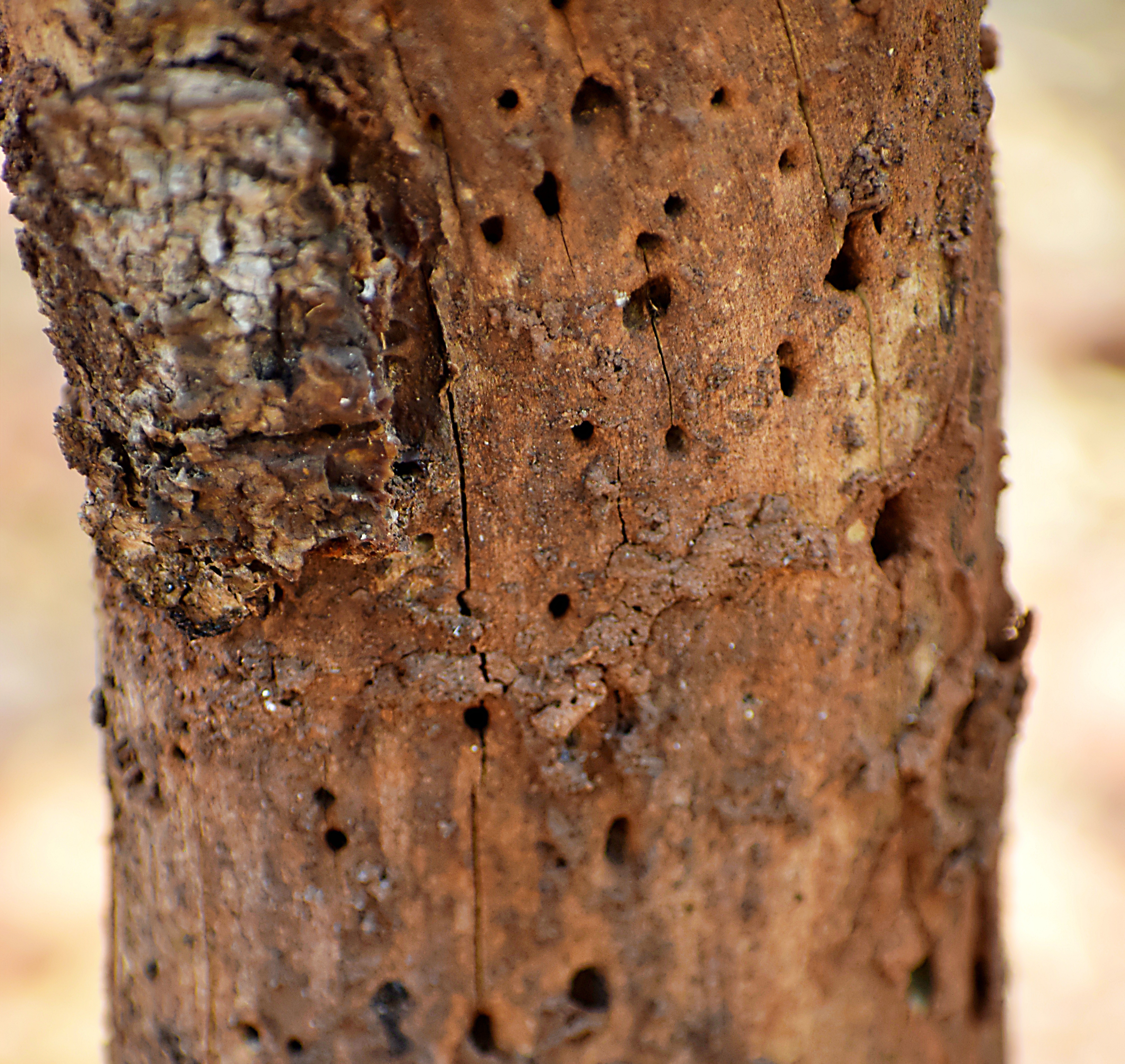
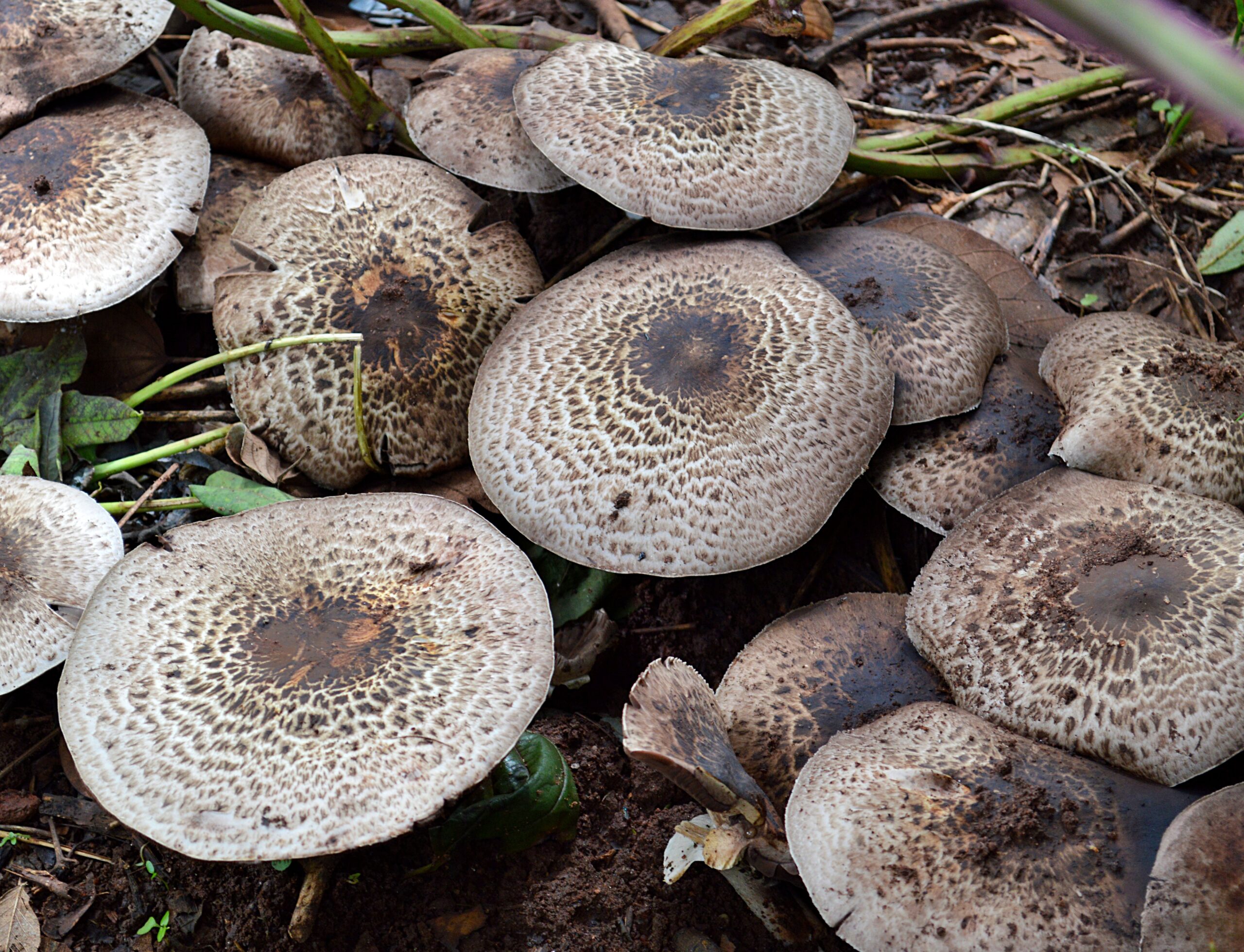
Every good Permaculture design should integrate microclimates and ecological niches. The more time that you spend in nature exploring the interactions of living organisms, the unique habitats in which they live, and the environmental purposes that they serve, the better you will be able to create sustainable living systems for humans.
All donations go directly towards helping to spread Permaculture solutions throughout Malawi. Every little bit helps, and even a little can go a long way!
